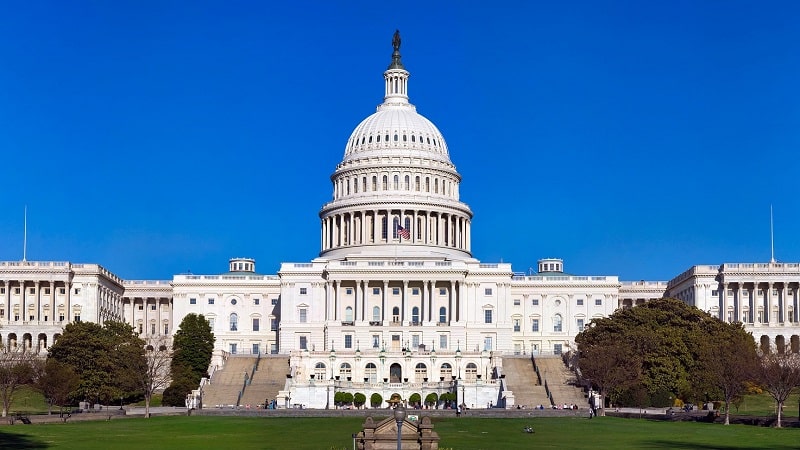
House Republicans pushed the Department of Homeland Security (DHS)’s fiscal year 2026 budget plan out of committee on June 24 with higher levels of funding for the agency’s cybersecurity efforts than under the budget cut proposed by President Donald Trump.
Earlier this month, the House Appropriations Homeland Security Subcommittee voted to approve a 4.6 percent year-over-year budget cut for the Cybersecurity and Infrastructure Security Agency (CISA) for FY26 – instead of the 16 percent budget reduction the Trump administration proposed.
The Homeland Security Appropriations Act that the full House Appropriations Committee approved late Tuesday on a 36-27 vote features a total discretionary allocation of $66.36 billion. The defense portion of the allocation is $3.29 billion, which is $41 million higher than the FY2025 enacted level, and the non-defense portion is $63.08 billion, which is $1.37 billion above the FY2025 enacted level.
CISA Reduction Debated
During the committee’s markup session on Tuesday, Rep. Andrew Clyde, R-Ga., offered an amendment to reduce CISA funding for FY2026 more in line with the White House’s request, but ultimately withdrew the amendment while reserving the right to resurrect the amendment when the full House debates the spending bill.
Clyde said he wants to reduce funding for CISA by an extra $280 million below what the committee had agreed to – which was $2.7 billion – and reducing the agency’s funding by only $134 million less than the FY2025 enacted level. Trump proposed a $495 million year-over-year budget cut.
“I think the president’s budget request is fiscally correct, I believe this cut is necessary to rein in the waste, abuse, and mission drift and political weaponization,” said Rep. Clyde.
“CISA was originally created with bipartisan support to protect our nation’s critical infrastructure from physical and cyber threats,” he continued. “Yet under the Biden Harris administration, the agency became weaponized to focus on Americans speech.”
Rep. Clyde’s comments follow recent statements of Trump officials decrying CISA as politically corrupt, and claiming that CISA’s elections oversight operations targeted President Donald Trump by helping to conspire against the First Amendment rights of his and his supporters.
“Thankfully, the president’s FY26 budget request acknowledges these concerns … restoring focus on core missions like federal network defense and critical infrastructure protection,” said Rep. Clyde. “The President’s budget request is certainly enough funding to properly accomplish their mission.”
Ultimately, the congressman withdrew his amendment saying he instead he reserved the option to offer the amendment on the House floor.
Withdrawal of the amendment received sharp criticism from Appropriations Homeland Security subcommittee Chairman Mark Amodei, R-Nev., who called the withdrawal “pansying out.”
During the markup, Democrats argued that even the scaled-back budget cut went too far.
Rep. Ed Case, D-Hawaii, pointed to reductions in infrastructure security funding and warned that cyber actors are increasingly targeting systems that could disrupt civilian infrastructure.
“State governments, county governments, and companies need incredible amounts of highly sophisticated advice and resources to prepare for and to identify and to fight,” said Rep. Case. He called on other representatives to “take a look at the judgments that you’re making on a policy basis and then follow that with funding as you go through the process.”
